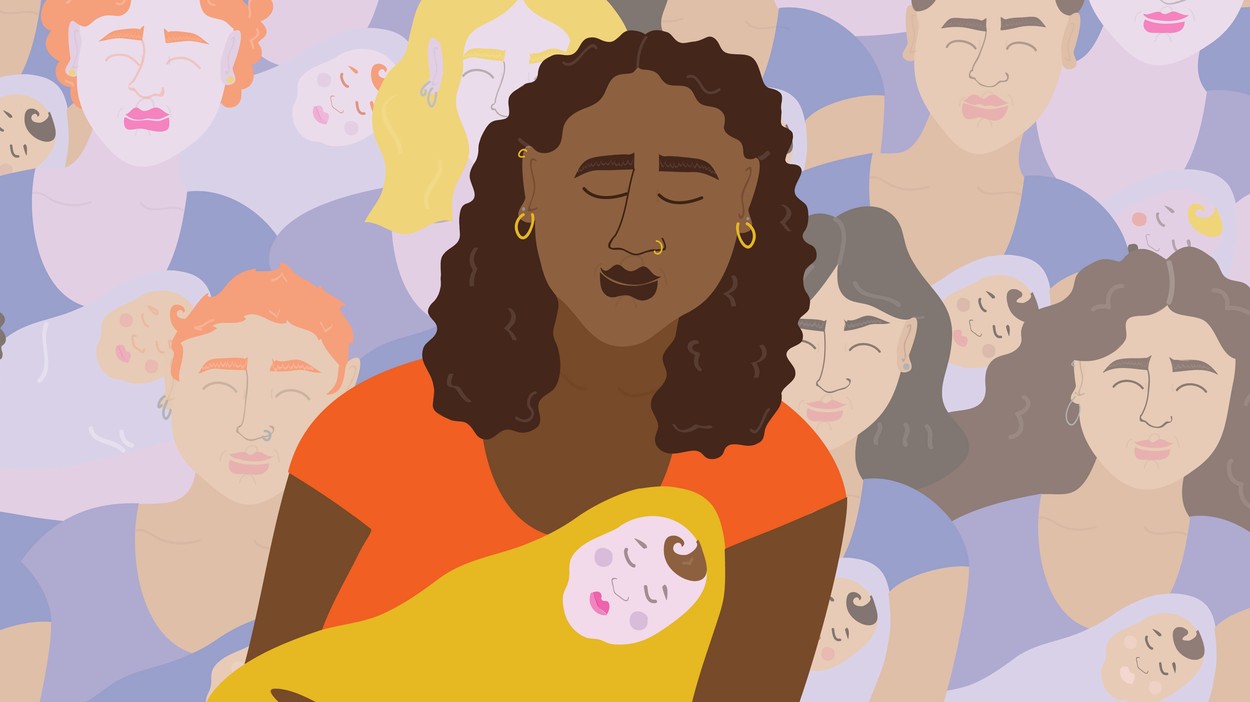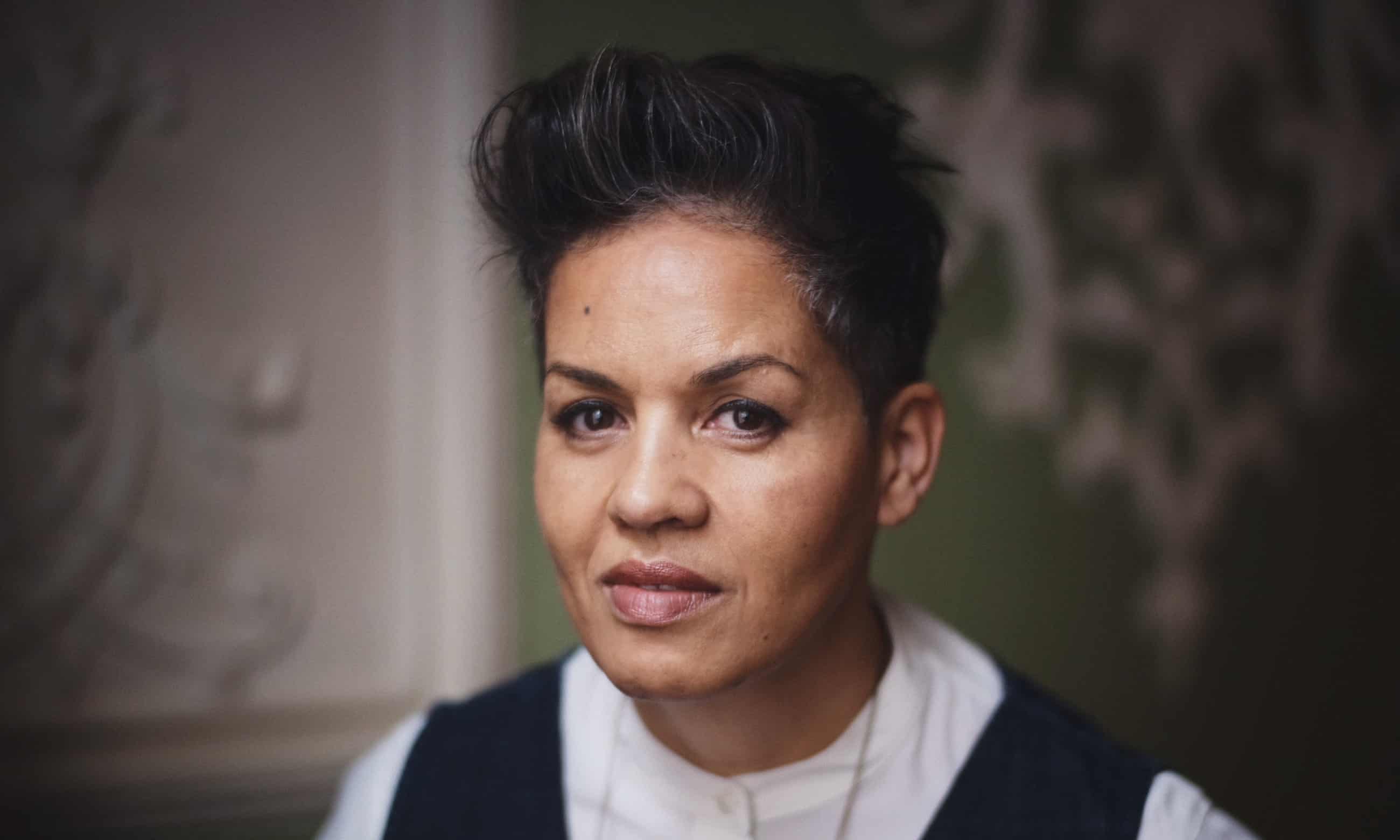Phoebe Collings-James Wants To Change The Face Of The Art WorldPosted in Articles, Arts, Interviews, Media Archive, United Kingdom on 2018-03-20 00:05Z by Steven |
Phoebe Collings-James Wants To Change The Face Of The Art World
Nylon
2016-02-16
Sydney Gore, Assistant Digital Editor
with more color in the picture
In celebration of Black History Month, NYLON is running a spotlight series called Black Girl Power… The Future Is Bright. Every day, phenomenal black women from different industries will be featured to tell their stories—revealing how they became who they are, showing what they have accomplished, and pinpointing how they navigated their careers. Black women deserve to be celebrated 365 days of the year, and we hope that this series will inspire everyone to believe in the power of #blackgirlmagic.
Phoebe Collings-James is an artist from London currently based in New York. Breaking out into the art world can be challenging enough as a woman, but the 28-year-old has been exposed to even more realities as the product of an English and Jamaican family. Collings-James’ latest work at the CONDO exhibition consisted of a series of watercolour paintings of animals titled Just Enough Violence. (Her previous series was called Choke On Your Tongue.)
“My work relies on a hypersensitivity to the situations and people surrounding me. Perhaps that broadly describes many artists, but it is true. I think it’s about bearing witness,” she told us in an email. “That gets scrambled with my research and desires to make physical things, to use my hands to turn materials from one form to another. I love art. I feel like I always forget to say that and it’s the most obvious answer really. I got into it because I love it. I find it inspiring because it can open up your imagination, which is something that is essential if we are to live and not merely survive.”
Collings-James started modeling as a teenager and then got back into it a few years ago as a means to support her artistic practice. Her approach toward fashion and art has always been one of great ambivalence. “I think clothes are vitally important, even more so to people who are overlooked or marginalised in society,” she added. “For many it is one of the few ways of expressing your creativity. To show the world who you are, what you are into, and what you believe in.”
This reasoning is why Collings-James thinks that cultural appropriation has become a more divisive subject today. “Whether it’s designers appropriating ‘work wear’ or Kylie Jenner wearing her hair in cornrows, our style is something very precious,” she explained.
Get more familiar with Collings-James and her work in the interview, below!…
…How did you grow into your black identity? (Or, if you’re multiracial, how did you grow into your identity as such?)
I feel like I’m only just figuring that out to be honest. When I see younger women like Amandla Stenberg speak so eloquently and vehemently about their identities I’m so happy that they exist now. As I feel like I was looking for that kind of inspiration as a kid and didn’t find it until much later. A lot of my relationships with my identity have been through the lens of relationships with men who, both black and white, have projected their own complicated relationships with race onto my body and mind. It’s only in the last year I have started to feel more whole. As black people, we often are seen as just skin. Light skin, dark skin, golden skin—ooh that beautiful blue-black skin. We don’t get to be whole. We don’t get to be nuanced or chameleon-like.
I have been reading Grace Jones’ autobiography and she is giving me life each day. Coming from Jamaica like my father’s family, she describes her relationship with a world that would rather she stayed small, or fitted neatly in a box, and she continues at age 66 to smash all conventions. I especially like the way she describes each of the glossy photos that line the gutter of the book. “At the edge of the Caribbean Sea.” “A one-man show. A red curtain, an accordion, a minimal staircase, one leg up. Voila – theatre!” “Acting natural in a 1970’s disco setting.” “Using a New York rooftop as a stage, totally believing in myself.” When people say gender and race are constructs, Grace knows that innately. She lives that performance of identities. She is my hero/ine!…
Read the entire interview here.








